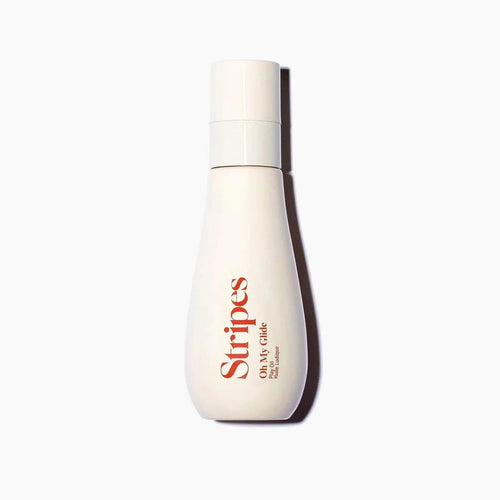Will My Hysterectomy Throw Me Into Menopause?
In some cases, not having a uterus can fast-track your estrogen decline, but, turns out, the relationship between hysterectomies and menopause is a little more complicated. Here’s what you need to know.
What is a hysterectomy?
There are a few different kinds of hysterectomies. A full hysterectomy is defined as the total removal of the uterus and cervix, while a partial hysterectomy is the removal of the uterus alone.
Depending on what’s going on with your health — if you have ovarian cancer or severe endometriosis, for example — your doctor might also recommend removing your fallopian tubes or ovaries (that’s called an oophorectomy).
Yes, removing reproductive organs affects your reproductive hormones. Without ovaries, you won’t ovulate, and your estrogen and progesterone will plummet right away. If you only have your uterus removed, you’ll still release eggs during your fertile years, but you will neither bleed nor conceive.
Do hysterectomies cause menopause?
That depends on the hysterectomy. “Losing your uterus alone likely won’t throw you into menopause right away,” says Lizellen La Follette, M.D., a board-certified OB-GYN in Marin County, California.
The major difference in triggering the early onset of menopause depends on the ovaries being removed or left intact. Keeping the ovaries intact will allow your body to continue producing estrogen (even if you’ve got no uterus to speak of).
How long does menopause last after total hysterectomy?
A hysterectomy can, however, trigger a slow and steady drop in estrogen and progesterone levels, which could cause you to go into menopause a few years earlier than you might have — usually within around five years of having the operation.
On the other hand, complete removal of the ovaries can induce symptoms almost immediately. Research has found that the age at menopause decreases from 51 for natural menopause to 44 to 48 for hysterectomy plus ovary removal. Menopause after a hysterectomy and bilateral oophorectomy may also induce more severe symptoms than natural menopause.
Doctors typically don’t remove both ovaries unless the risk of doing so outweighs the risk of keeping them. According to La Follette, taking out both ovaries leads to “menopause crescendo,” along with intense changes in your circulatory system that can lead to serious health risks (bone loss, heart attack, and stroke, to name a few).
What’s clear is that if you have a condition such as ovarian cancer, then taking out one or both ovaries may be a lot safer than keeping them. If that’s the case, your doctor will probably talk to you about estrogen therapy to reduce your medical risks and relieve the severity of your early menopause symptoms.
The takeaway
Having a hysterectomy, no matter your age, is a big deal. So is starting menopause. If you and your healthcare provider agree that taking out your uterus would benefit your health and well-being, make sure to have a conversation about all the risks involved, including the procedure’s effect on your reproductive hormones.
Looking to connect with a community of women who know what you're going through? Check out The Hot Spot!











